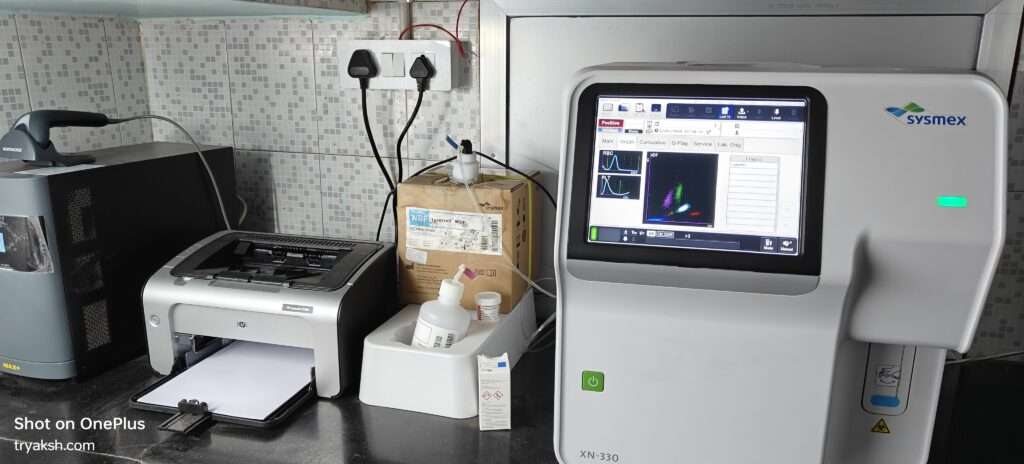The Crucial Role of Pathology in Hospitals
Pathology, often operating behind the scenes, is a cornerstone of modern medical care. This branch of medicine, dedicated to the study of diseases, plays an essential role in diagnosis, treatment, and research within hospitals. Here’s a closer look at the critical functions of pathology in healthcare.

Accurate Diagnosis
At the heart of pathology is the diagnosis of diseases. Pathologists examine tissues, organs, bodily fluids, and cells to identify abnormalities. Their findings are vital in diagnosing conditions ranging from infections to cancers. For instance, a biopsy analyzed by a pathologist can confirm the presence of cancerous cells, guiding oncologists in devising appropriate treatment plans.
Guiding Treatment
Once a diagnosis is established, pathologists provide valuable insights that influence treatment decisions. By understanding the nature and progression of a disease, pathologists can recommend the most effective therapies. In the case of infectious diseases, they determine the specific pathogens involved and their susceptibility to antibiotics, ensuring targeted and effective treatments.
Monitoring Disease Progression
Pathology also plays a key role in monitoring disease progression. Through regular analysis of blood samples and other specimens, pathologists track the effectiveness of treatments and detect any changes in the patient’s condition. This ongoing assessment is crucial for adjusting treatment plans promptly and effectively.
Supporting Research and Advancements
Hospitals are often centers of medical research, and pathology is integral to this process. Pathologists contribute to clinical trials and studies that seek to understand disease mechanisms, develop new diagnostic tools, and create innovative treatments. Their work helps translate scientific discoveries into practical medical applications, improving patient care.
Enhancing Preventive Care
Pathologists also contribute to preventive healthcare. Screening programs for various cancers and genetic disorders rely on pathology for accurate detection and risk assessment. Early identification of potential health issues allows for timely interventions, significantly improving patient outcomes.
The Interdisciplinary Nature of Pathology
Pathologists collaborate closely with other medical professionals, including surgeons, oncologists, and primary care physicians. This interdisciplinary approach ensures comprehensive patient care, combining the expertise of various specialists to address complex medical issues.
Conclusion
Pathology is a vital component of hospital operations, providing the backbone for accurate diagnoses, effective treatments, and ongoing medical research. Though often unnoticed by patients, the contributions of pathologists are indispensable to the functioning of modern healthcare systems. As medical science advances, the role of pathology will continue to expand, offering new possibilities for understanding and combating diseases.

Leave a Reply